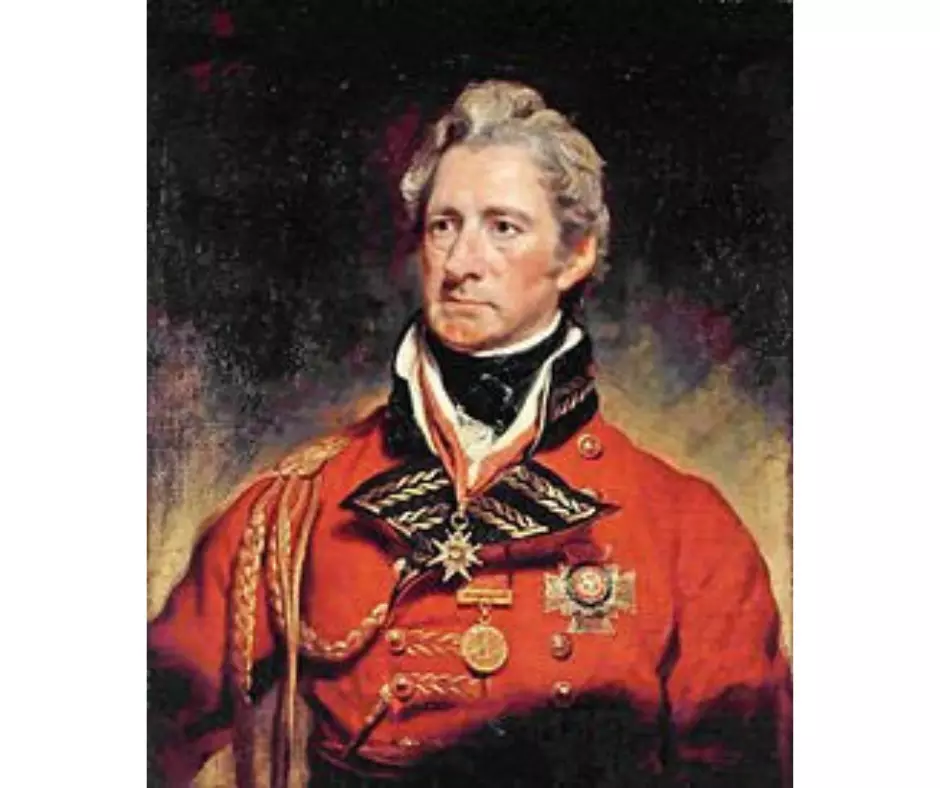Rayalaseema Still Has Sir Thomas Munro Ingrained Within

Anantapur: Sir Thomas Munro, the first collector of Dattamandalam in Rayalaseema region in AP, including the present Bellary district of Karnataka, spanned various military and administrative roles, culminating in his becoming the governor of Madras Presidency.
It is his association with Rayalaseema that still finds an echo in the region. Gooty Kota Parirakshana Samithi president Dr. M. Virupaksha Reddy and Praja Science Vedika president Dr. M. Suresh Babu point out that many villagers in the region still name their sons as Munrolappa or Munrolayya.
It may not be known that the Scottish soldier and British colonial administrator considered himself to be a priest during his previous life. He thus had close attachment with spiritual systems wherever he worked.
Munro's control as Bellary collector in 1800 included the then village of Mantralayam, home of the revered Dvaita saint Raghavendra Swami. Madras presidency tasked Munro with collecting taxes from the Math and the village. When local officials failed to do so, Munro personally visited the Math.
It is said Raghavendra Swami Himself appeared and conversed with him. Following this divine encounter, Munro issued an order favouring the Math and village, which was published in the Madras Government Gazette.
Significantly, this document remains preserved in Fort St. George and Mantralayam. Historians say Munro is also the only person to have darshan of the golden Thoranam at Gandi Hanuman Temple during past few centuries.
Munro's contributions and legacy are honoured by a memorial at St. Mary's Church in Madras. His life and work continue to be celebrated for their enduring impact on the administrative systems and historical narratives of Madras Presidency.
Incidentally, Thomas Munro had been born in Glasgow on 27 May 1761 in the family of Alexander Munro, a Glaswegian merchant whose prosperity in the American tobacco trade. Thomas received a robust education at the University of Glasgow. Known for his open temper, generosity, courage, and athletic prowess, Munro initially intended to follow in his father's footsteps, but chose a military career instead. He joined an infantry cadet ship in Madras in 1779.
Munro's military service has been marked by several key campaigns, including war against Hyder Ali (1780–1783) and first campaign against Tipu Sultan (1790–1792). His experience in these wars laid the foundation for his future administrative roles, including in territories captured from Tipu Sultan. He introduced the ryotwari system, a land revenue system that empowered individual cultivators.
Known as father of the Ryotwari system, Munro's published minutes compiled by Sir A. Arbuthnot served as a valuable manual for contemporary and future civil administrators, say Dr. Virupaksha Reddy and Dr M. Suresh Babu.

